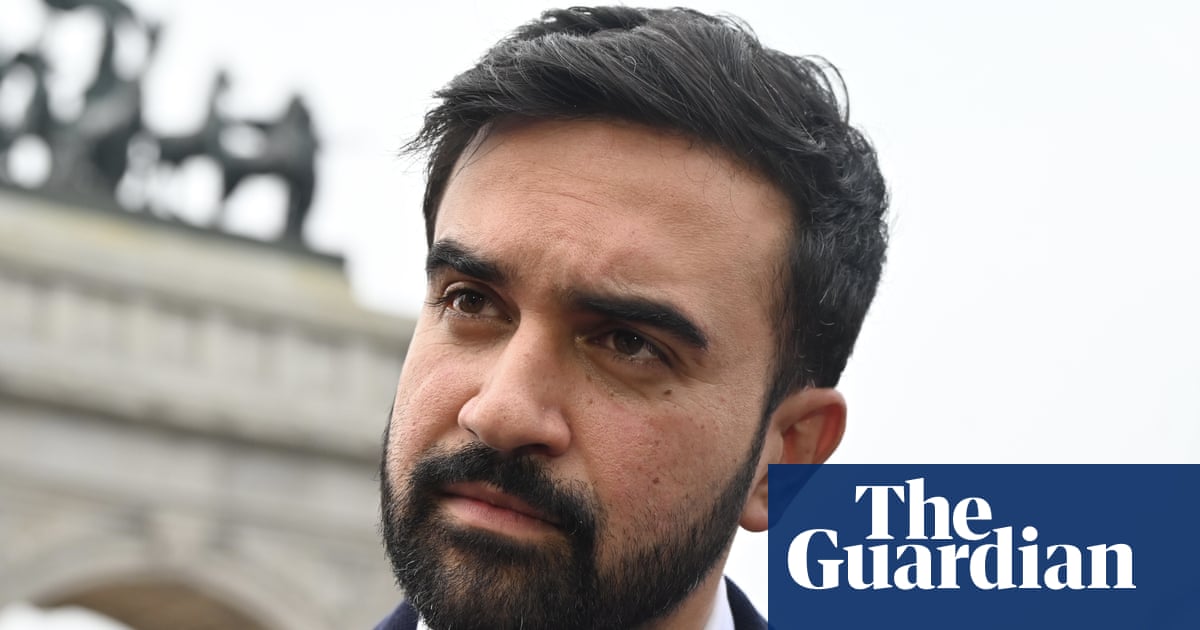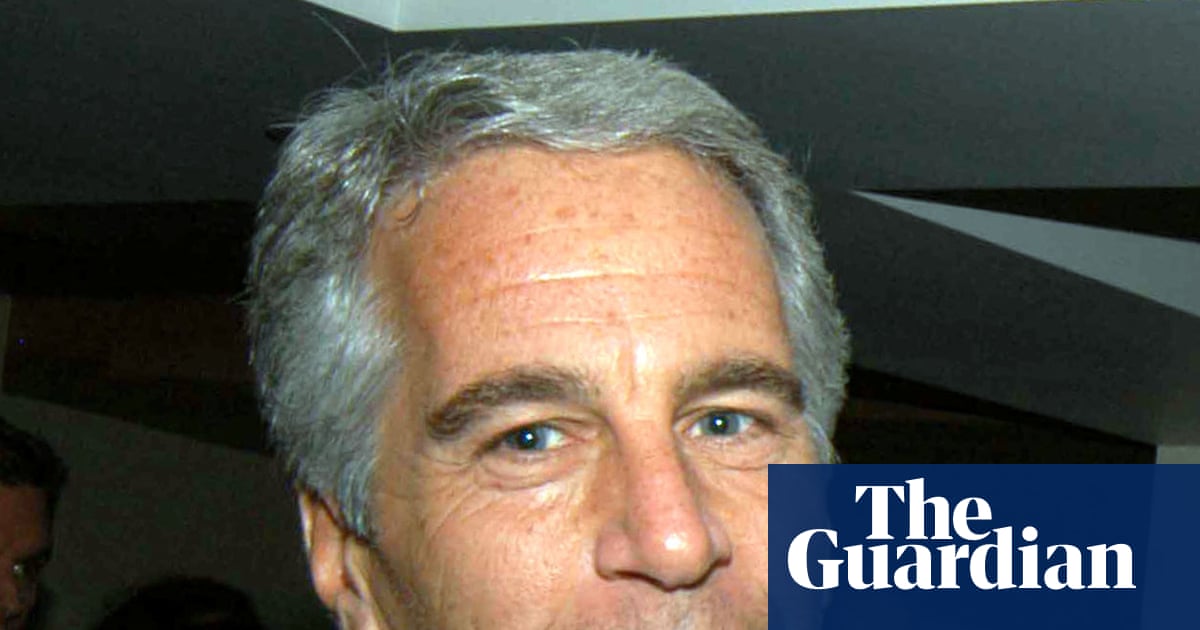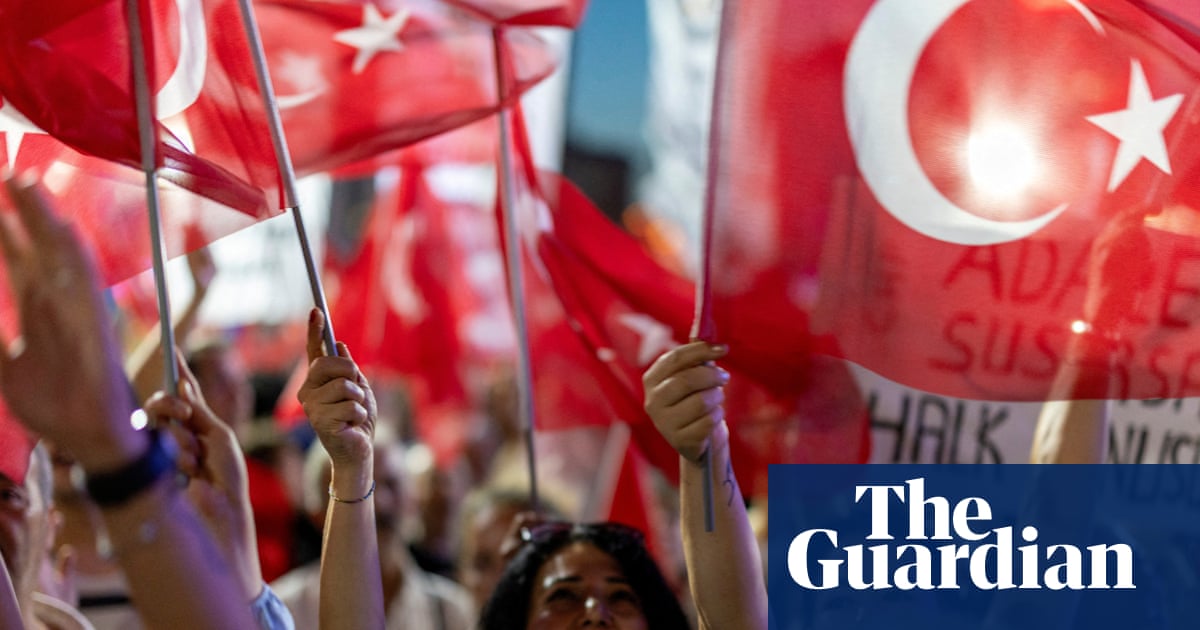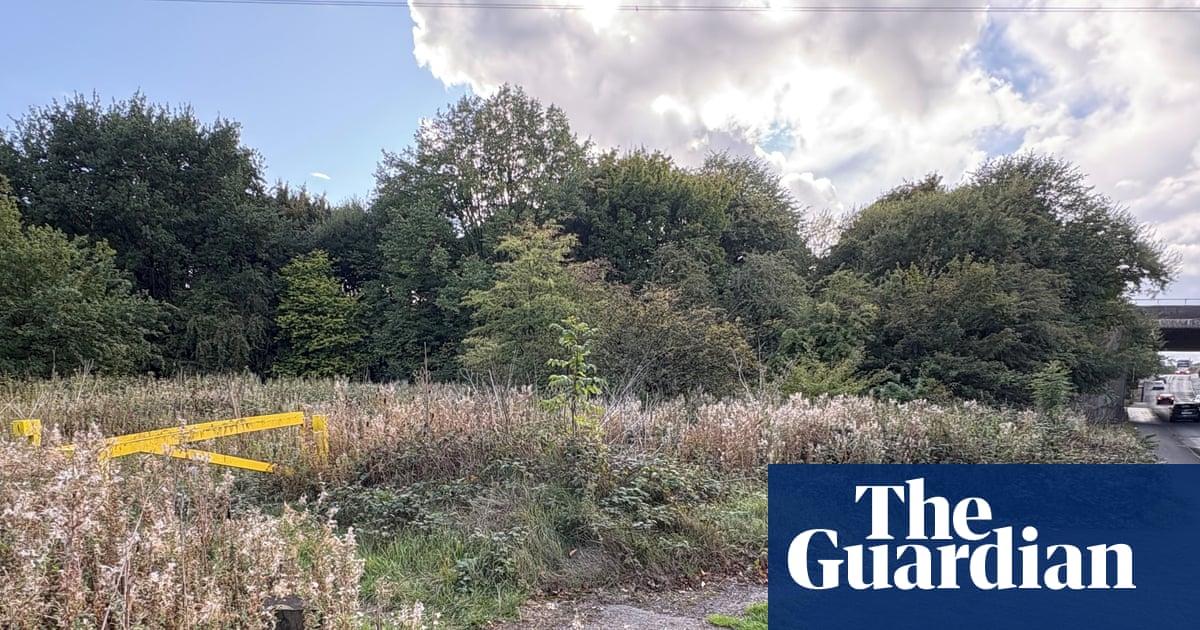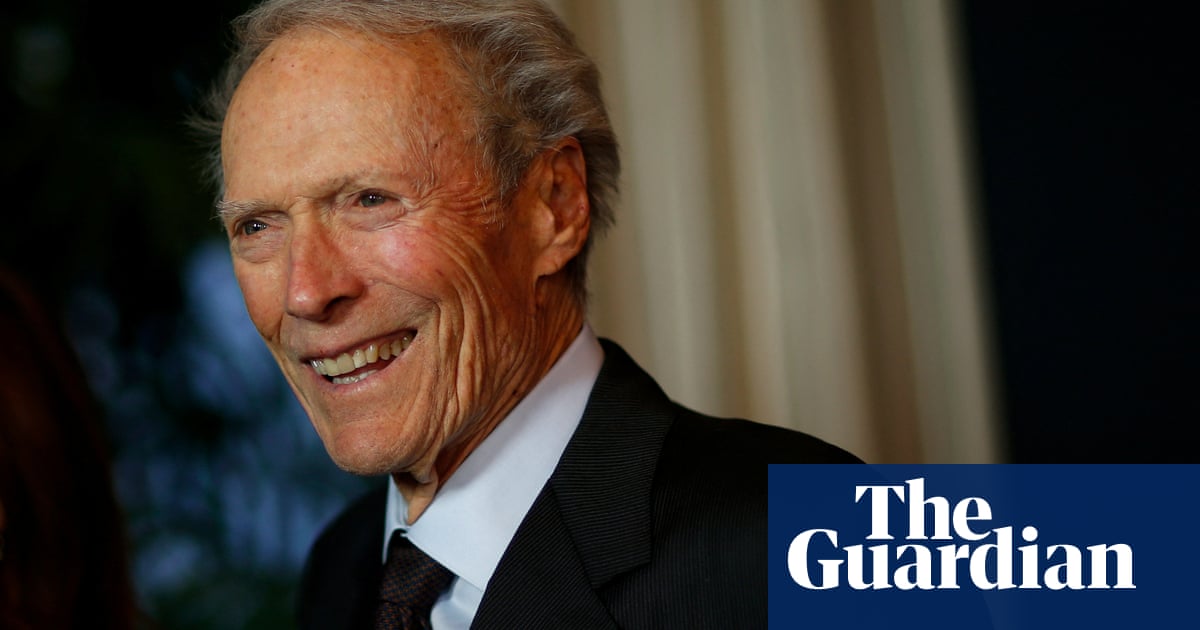The US did not ask to use UK airbases to support its overnight bombing of Iran because that would have required British ministers to take a view on the legality of the attack, according to a former government adviser.
Peter Ricketts, a former UK national security chief, said he believed the US had concluded it was better not to ask to launch B-2 bombers from the RAF base on Diego Garcia in the Indian Ocean than to be told no.
“Either the Americans worked it out or were privately told please don’t ask because it would raise fundamental questions about our taking part,” Lord Ricketts said. “The US has a different view on international law than the UK does.”
On Sunday morning, Jonathan Reynolds, the business secretary, said “no request was made” by the US for help in the bombing. No British airbases or any other military assets were involved in Operation Midnight Hammer, ministers added.
Keir Starmer said the UK had been “given due notice” of Donald Trump’s intention to bomb Iran, though it is unclear how far in advance this may have been of the bombing raid, which took place just before midnight UK time.
Officials said notification occurred “shortly before” the US strikes were launched.
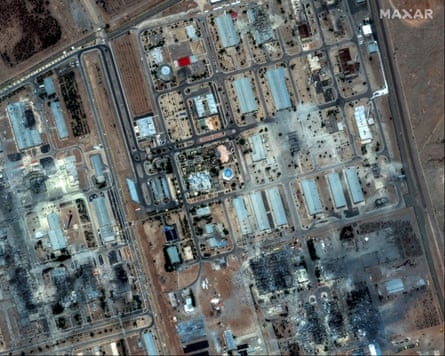
In the past, Britain has been eager to act as the US’s principal military ally in the Middle East, most notably in 2003 when the UK participated in the controversial ground invasion of Iraq as Tony Blair, then the prime minister, sought to work closely with George W Bush.
But on this occasion the UK has largely acted as a bystander, and it has not always appeared to read the ultimate intentions of the US president, who is notoriously unpredictable.
Last Tuesday at the G7 summit in Banff, Canada, from which Trump departed early because of the Iran crisis, Starmer said there was “nothing the president said that suggests that he’s about to get involved in this conflict”, having sat next to him at dinner the previous evening. Those present said the prime minister seemed confident, even unequivocal, in his analysis of the situation.
After the summit, reports circulated that the government’s most senior lawyer, Richard Hermer, was unconvinced that any UK military involvement in attacking Iran would be legal. One official who had seen Hermer’s legal advice told the Spectator: “The AG has concerns about the UK playing any role in this except for defending our allies.”
B-2 bombers frequently use the RAF base at Diego Garcia, which is a shorter flight over water to Iran but, as is the case with the use of all UK bases by the US air force, it requires British permission. Similar authorisation would be needed for the US to use RAF Akrotiri in Cyprus for refuelling, though that too was not sought.
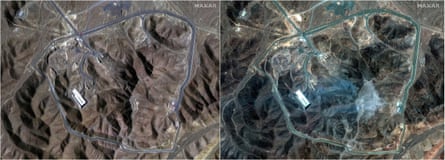
A graphic released by the Pentagon showed seven B-2 bombers flying from their home base at Whiteman, Missouri, across the Atlantic and avoiding passing over European countries by flying over the strait of Gibraltar and through the Mediterranean before going on to Iran via Israel, Jordan and Iraq, a flight path of more than 8,000 miles.
Pete Hegseth, the US defence secretary, said on Sunday morning that “no other country on planet Earth” could have conducted the bombing raid on Iran, which he later emphasised “was US-operated and US-led”.
Only assistance from Israel was acknowledged by Gen Dan Caine, the US chair of the joint chiefs of staff, in the form of prior attacks to degrade Iranian air defences.
Under international law, a country is allowed to fight in self-defence, and the prevailing view is that pre-emptive military strikes are legal if it is believed an incoming military threat is imminent – though the US argues the right of self-defence applies broadly against any illegal use of force against itself or its allies.
In justifying the bombing raid on Sunday, Hegseth did not mention the question of imminence. He said: “The president authorised a precision operation to neutralise the threats to our national interests posed by the Iranian nuclear programme and the collective self-defence of our troops and our ally Israel.”
Matthew Savill, a former civil servant now with the Royal United Services Institute thinktank, said: “I think to a certain degree the UK government will be relieved” that the US did not ask for help. But he cautioned that the UK “could get sucked into the regional blowback” in the form of attacks by Iran or its proxies.
On Sunday, UK defence officials said additional steps had been taken to protect British forces in the Middle East after the US bombing. Force protection at sites such as Akrotiri – where at least 14 Typhoon fighters are stationed – and naval bases in Oman and Bahrain were at the highest level, said the defence secretary, John Healey.
Starmer called for restraint in the response to US strikes on Iran, warning of the possibility of escalation beyond the Middle East. The prime minister spoke to the king of Jordan and the sultan of Oman and called for talks that would end the threat posed by Iran’s nuclear programme.
“It is important that we now de-escalate the situation, stabilise the region and get the parties back around the table to negotiate,” he told broadcasters on Sunday morning. “I’m very clear in my own mind that Iran cannot be allowed to have a nuclear weapon. That is the greatest threat to stability in the region.”

 2 months ago
57
2 months ago
57



